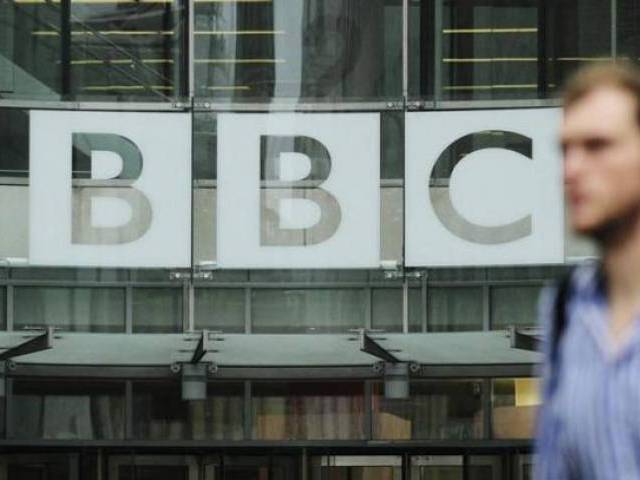-
Tips for becoming a good boxer - November 6, 2020
-
7 expert tips for making your hens night a memorable one - November 6, 2020
-
5 reasons to host your Christmas party on a cruise boat - November 6, 2020
-
What to do when you’re charged with a crime - November 6, 2020
-
Should you get one or multiple dogs? Here’s all you need to know - November 3, 2020
-
A Guide: How to Build Your Very Own Magic Mirror - February 14, 2019
-
Our Top Inspirational Baseball Stars - November 24, 2018
-
Five Tech Tools That Will Help You Turn Your Blog into a Business - November 24, 2018
-
How to Indulge on Vacation without Expanding Your Waist - November 9, 2018
-
5 Strategies for Businesses to Appeal to Today’s Increasingly Mobile-Crazed Customers - November 9, 2018
BBC Set to Keep License Fee, But iPlayer Loophole to Close
The White Paper’s publication has been a hot button topic in the United Kingdom, with many in the creative industries concerned culture secretary John Whittingdale’s reform could damage Britain’s local production business.
Advertisement
But the government avoided more extreme measures such as allowing ministers to tell the BBC what to air during prime-time TV periods such as Saturday nights, or forcing it to hand over some of its income, derived from a levy paid by almost every household, to other commercial broadcasters.
The Government, which will tomorrow publish its white paper on the once-in-a-decade renewal of the BBC’s governing charter, has been keen to push for more transparency over how the BBC spends its annual £3.7bn licence fee.
Mr Whittingdale has rowed back on plans to allow the BBC to appoint only up to three members of the 13-strong board and will now let it appoint up to half of the board after backbenchers warned of a revolt over attempts to stuff it with Government acolytes. In terms of process, the BBC thinks that the chairman and deputy chairman should be appointed by the Government through an independent public appointments process.
Whittingdale said Ofcom has a “proven track record” and it is the right body to take on the external regulation of the BBC.
His statement is detailing a major overhaul of the BBC Royal Charter – the agreement that sets the broadcaster’s rules and objective – confirming that the licence fee will continue for at least 11 years.
While rejecting a subscription model, the government said it welcomed “the BBC’s commitment to develop and test some form of additional subscription services during the first part of the next Charter period, and to consider whether elements of subscription could provide a more sustainable funding model in the longer term”.
Mr Whittingdale told MPs: “The BBC is and must always remain at the very heart of British life”.
Introduce a new regularised process for setting the licence fee, giving the BBC the financial certainty it needs by setting the licence fee every five years.
“I hope the government will be forced into one of their many U-turns – they are very good at them these days. Long live the BBC!”.
Plans for the iPlayer charge were set in motion in July 2015 when the corporation reached an agreement with the Government which saw it agree to pay for the cost of providing over-75s with free television licences.
Behind closed doors, though, myself and other creatives within broadcasting have been reassured the opposite: that the BBC is loved throughout the land, that its licence fee is safe, that the government is simply not allowed to and has no intention of telling it what programmes to make, and that its editorial independence will be preserved.
Bectu said that Whittingdale’s claims that the government plans no changes to the scope or scale of the BBC are not true. “It would be a great travesty if the same old people, in the same old Westminster village, occupy the same old roles”.
Responding to a question from David Lammy (Tottenham), he said: “Appointments to the board is something that obviously is made clear tomorrow”.
Mr Whittingdale had also suggested that children’s channels CBBC and CBeebies would be protected in the new White Paper. Labour will oppose them all the way.
The BBC wouldn’t have to share license-fee funding with commercial rivals.
“As viewing habits shift away from linear television, viewers paying for a television licence to watch or record any television as it is being shown will increasingly foot the bill for public service content that many enjoy without any payment”, the report said.
This could easily mean that the BBC ends up making nearly nothing itself, unless the inhouse production business it has recently carved out of its own assets, BBC Studios, turns out to be much more flexible and nimble than is widely expected – because the private sector should routinely be able to make more competitive tenders than BBC Studios.
Advertisement
He said: “We have an honest disagreement with the Government on this”.





























